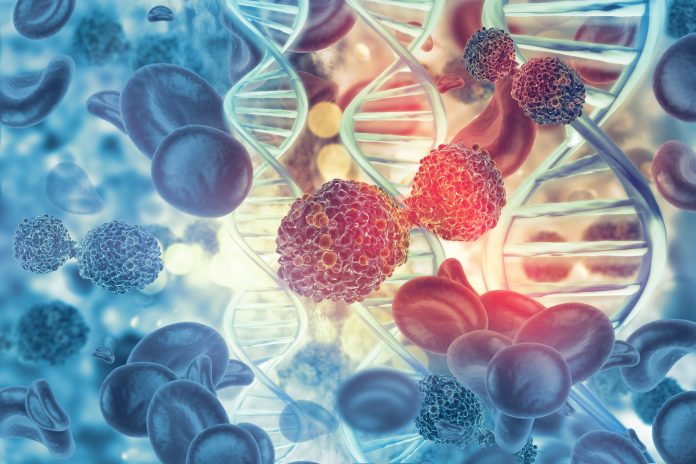
Researchers from Spain have identified rare inherited genetic variants that predispose some individuals to developing mutations in tissues and organs. These mutations may in turn increase the risk of tumor formation.
The researchers detailed their results in a Nature Communications article entitled “The impact of rare germline variants on human somatic mutation processes.”
Somatic mutations, which occur over time in an individual’s tissues and organs, are the main cause of cancer. But the contribution of rare inherited genetic variants to mutation processes has largely been unknown.
“A few examples of genes responsible for changing patterns of somatic mutations were known before, such as the BRCA genes that predispose to breast and ovarian cancer,” explained Fran Supek, PhD, head of the Genome Data Science Laboratory at the Institute for Research in Biomedicine (IRB Barcelona).
But the results from the new study pinpoint other genes that can similarly affect the accumulation of somatic mutations.
“We developed a methodology that allowed us to identify 42 genes, related to 15 different cellular mechanisms, that affect the risk of different types of somatic mutations,” explained Mischan Vali-Pour, PhD, the first author on the study.
Most of the mechanisms involved in the generation of mutations were related to defects in the repair of damaged DNA. For example, the researchers associated rare inherited variants in genes such as MSH3, EXO1, SETD2, and MTOR with defects in DNA mismatch repair deficiency, and variants in genes such as EXO1, PAXIP1, RIF1, and WRN were associated with deficiencies in homologous recombination repair.
These defects result in genomic instability, reducing the time needed to accrue mutations in driver genes, which are necessary for the development of a tumor.
One of the limitations of the study is the great variability of heritable factors related to somatic mutations and the relatively low prevalence of each of these factors individually. Access to more genomic data from cancer patients of non-European ancestries could lead to further findings.
“As more genetic data become available, additional genetic predisposing factors for cancer mutagenesis are likely to be found. The ‘rare’ genetic variants that we considered here, while each of them is present in only a few individuals, are collectively quite important in shaping cancer genomes and possibly cancer risk,” concluded Ben Lehner, PhD, head of the Genetic Systems Laboratory and Coordinator of the Systems Biology Program at the Center for Genomic Regulation (CRG).
Future work based on this study may help assess the hereditary risk of a patient developing a specific type of cancer, and therefore, to personalize their prevention program and/or detect the disease in its early stages.













